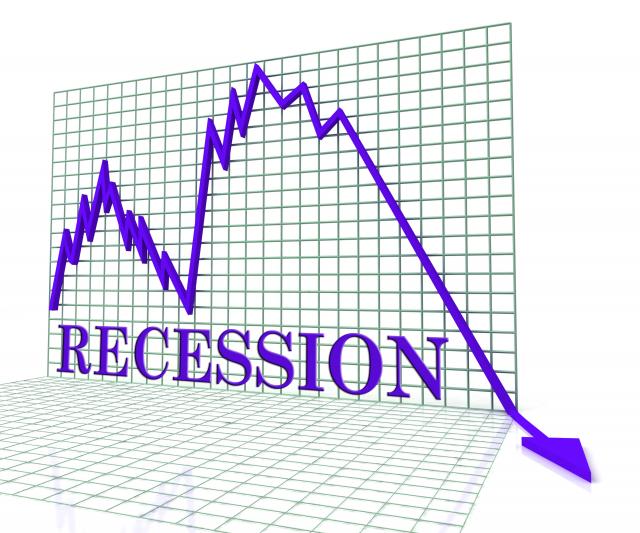As of this writing, there is much “talk” about an impending recession. It makes for good news. The fact is, it isn’t an “if,” it is a “when”. So whose responsibility is it to prepare the organization? (rhetorical question) It is your responsibility as a leader to prepare the organization and its team members.
1. Recessions sneak up on you. How will we know?
-
New sales will begin to slow and for the few couple of months there will be “reasons” and “justifications” for why this is happening.
-
Accounts receivables will begin to creep up (but likely slow enough to fly under the radar and again with “reasons” given).
-
Customer/clients will request price reductions or begin to be more aggressive in challenging renewal pricing.
-
Customer/clients begin price shopping.
- Examine all of your expenses to make sure the organization is spending prudently.
- Second, look at projected expenses in next year’s budget and ask these questions: Are we locking ourselves into a large expense(s) which can’t be cut if we need to? If revenues slow or decline, can we afford this expense?
- There are more ways to get your arms around your revenues and expenses to prepare for an cut in budget if it is needed. (Remember, you will likely realize a recession has begun months after it really has. So you will be behind the curve already.). Preparation is key.
PLAN
Begin to develop an “if/then” plan. For example, if we need to cut expenses, we are going to do “this” first. Then that. Think all the way through whether or not you might need to reduce payroll dollars. (Can be done via hiring freeze, hours cutbacks, pay cuts and/or layoffs.). HINT: Do not share this discussion with too many people. If word gets out you are thinking about this, people will become very frightened. But you have to be prepared.)
3. Once you are in it, you won’t know when it will end.
Not much to say here other than be aware and continue to be diligent in align expenses with revenues to preserve cash, and continue to seek opportunities.
4. And what are the opportunities?
In all situations there are opportunities, and recessions are no different. For example, acquiring a competitor, targeting key prospective clients, working deeper with existing clients, bringing on talented people who may have been laid off from other companies. All of these are opportunities to be exploited. Begin now to position your organization to take advantage.
-
Build Trust. You must have trust with your employees and associates. If they don’t trust you now, they certainly won’t trust you when things are falling down. So your #1 job is to build trust.
-
Establish a communication process. Ensure clear lines of honest communication, and begin now if you don’t have these established. (Host monthly “all employee meetings”, send weekly organizational updates, hold town hall sessions, walk around and speak with people..in other words, be visible and put yourself in a position to build trust by being open and honest.)
-
Do not lie, or more likely, do not speak naively. Here is an example: “Things are fine, business is good. (Hint: your words are competing against the news and the gossip, and it will be difficult to believe you.). If business is “good” then prove it. Show it to your team. During meetings, share sales figures, #’s new client and retention, etc. In other words, prove it; otherwise, don’t say it because there will be skepticism without proof.

